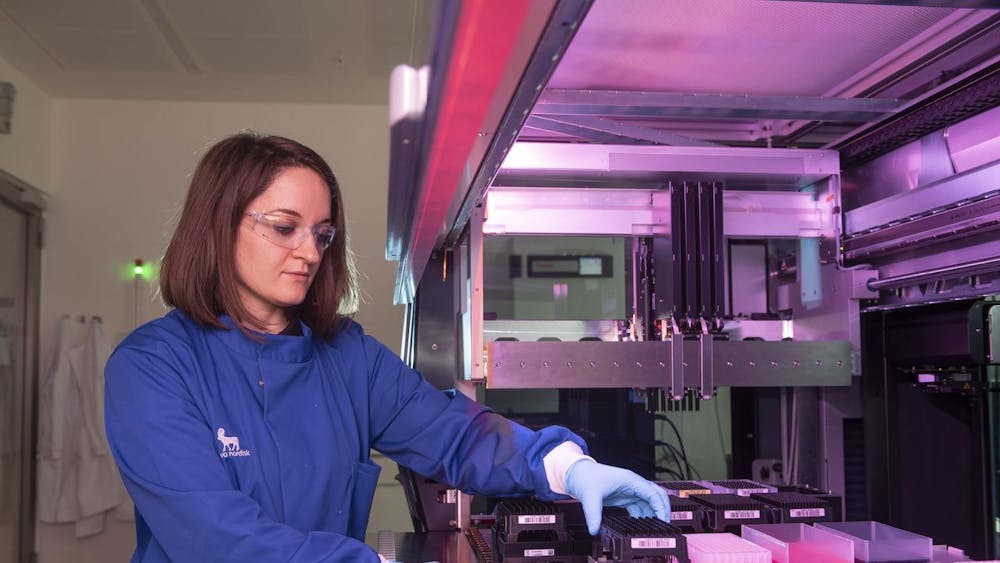Is science so much different than magic? The two disciplines do share a common root in alchemy. Like Hogwarts students, scientists have to study for seven years or more to obtain that qualification that makes them an expert: the Ph.D. And if there’s one thing J.K. Rowling, Ursula K. Le Guin and Diane Duane have taught us, it’s that magic requires great dedication, concentration and study, and certainly not everyone can do it.\nAs we all know, scientific research is not actually magic. But what is it, really? After all, scientists exist for more reasons than to teach your chemistry classes and use up government money. So what do scientists really do?\nShort answer: They do research.\nA more explanatory (and therefore better) answer: They use systematic observation, measurement and experiment for the formation, testing and modification of hypotheses.\nYou might have noticed that while that answer was more specific, it was still rather vague.\nPerhaps we should take a step back and first define science. Contrary to popular belief, science is not defined as physics, chemistry, biology and the like. Those are simply studies that employ the scientific method. Science is, in fact, a way of approaching something. Specifically, science is the identification, observation, description, experimental investigation and theoretical explanation of natural phenomena; such activity applied to any class of phenomena; or any methodological activity, discipline or study, according to the American \nHeritage Dictionary. \nSo, science could be the study of anything, as long as the study of that topic is approached in a systematic way. One could even employ the scientific study of, say, summoning spells or transfiguration. However, most scientists choose to focus on the natural or physical worlds.\nGenerally, scientific research is carried out on things relatively easy to observe. Biologists grow cells and observe organisms, chemists mix compounds and physicists smash elementary particles together. But inside these terse descriptions lie almost unlimited possibilities. In the IU chemistry department alone, research is being conducted on non-invasive treatments for cancer, the way that plants split water for photosynthesis and the reasons why we age, to name a few. That’s just in one department, at one university. Multiply that by all the research institutions across the world, and you can see that there’s really quite a lot going on. And that research is essentially limited only by the scientists’ imagination and funding.\nHowever, scientific research does move very slowly. It usually takes years of many people working on a problem to actually solve it. The problem that my doctoral research focuses on will not be solved by me, even though I will have worked on it diligently for four or five years by the time I’m through. It’s the answer that will evolve down the line that was based, in part, on my work, that will ultimately be the solution. It’s like a long conveyor belt of ideas and sweat, failures and triumphs that drives scientific progress, and lets us learn something. \nThis is the entire point. Scientific research exists so we can learn things. Learning things is hard work. A scientist has to be fiendishly methodological, thorough and have great attention to detail. Research also requires great dedication, concentration and study, and certainly not everyone can do it.\nMaybe science isn’t that different from magic after all. I wonder ...\nLumos!\nHmph. No, didn’t work. Back to the lab.
So you want to be a scientist
Get stories like this in your inbox
Subscribe





